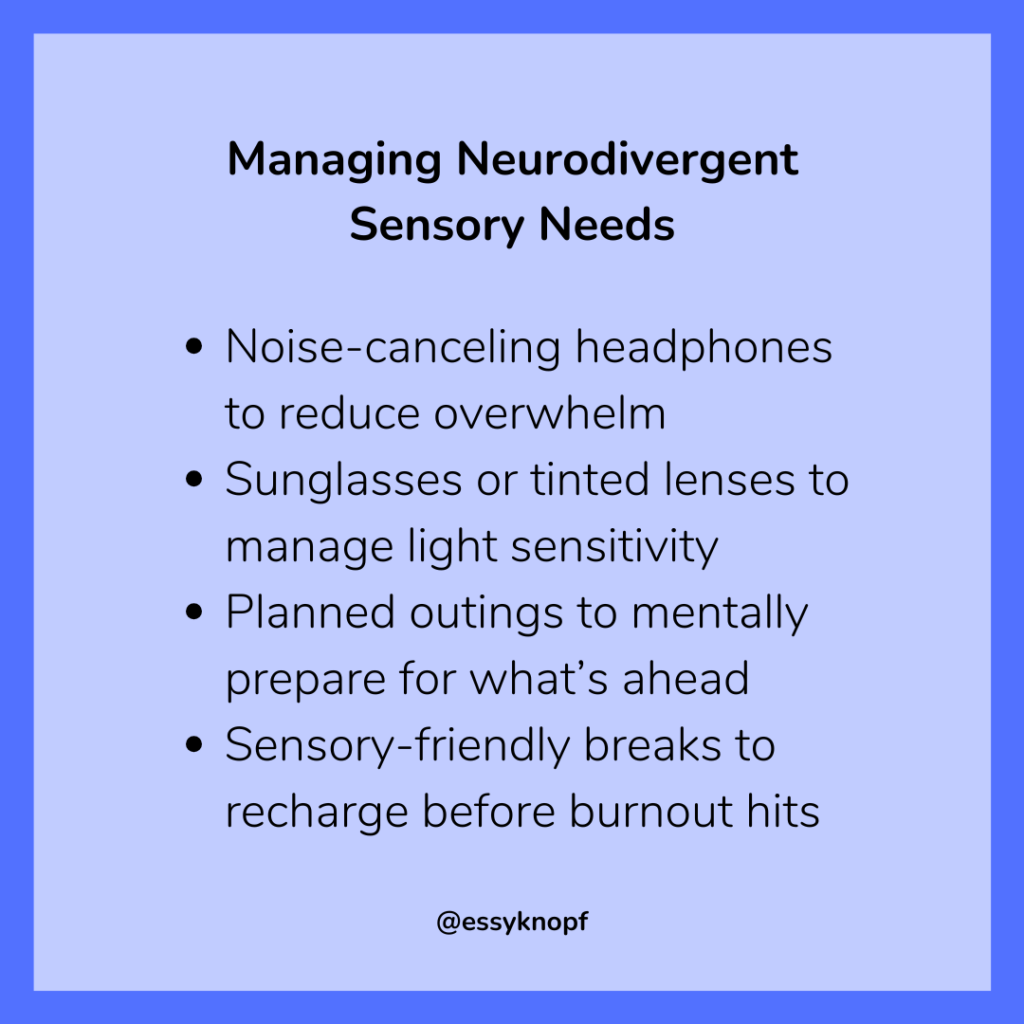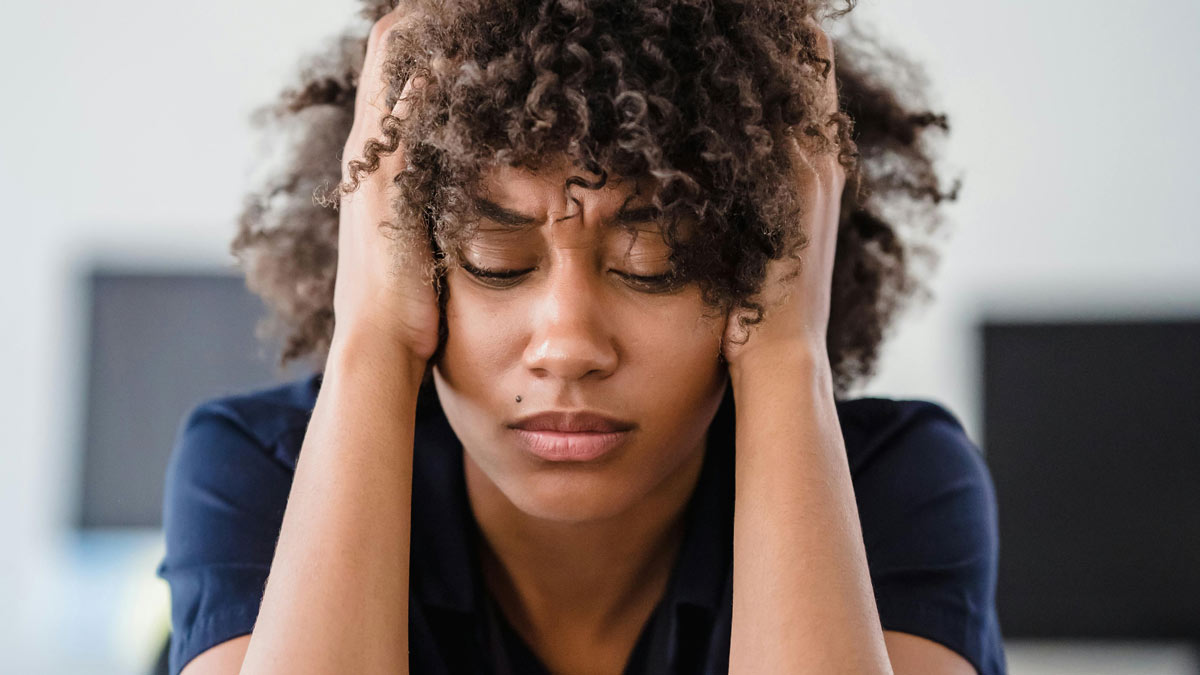Why I hate going outside as an autistic ADHDer
For many autistics and ADHDers, stepping outside isn’t a simple task—it’s an exercise in endurance. From unpredictable noises to overwhelming crowds, the world outside can be exhausting and even painful. Here’s why sensory overwhelm makes going out so difficult, and how it impacts daily life.
The Unseen Battle of Going Outside
For neurotypicals, stepping outside might seem effortless. For me, it’s a calculated risk. The moment I leave my house, I brace myself for a wave of sensory overwhelm—the bright, flickering lights, honking cars, and the endless chatter of people.
It’s not just annoying. It’s exhausting.
Every sound, smell, and visual detail seems to crash into my brain at once, with no filter. My ADHD means I struggle to tune out irrelevant stimuli, and my autism makes everything feel too much, too fast, too loud. The result? I burn out before I even reach my destination.
The Chaos of Public Spaces
Public spaces are an unpredictable sensory minefield. One moment, I’m fine. The next, a sudden noise—an ambulance siren, a child screaming, or harsh sunlight—sends my nervous system into overdrive.
Shops, train stations, and crowded streets all come with their own brand of overstimulation. The sheer number of people moving unpredictably about can be stressinducing.
I’m constantly on edge, trying to manage the discomfort while also masking—pretending I’m “fine” so I don’t stand out. But masking takes energy, and before long, I’m mentally and physically drained.
The Exhaustion of Social Expectations
Going outside also means navigating unspoken social rules. Eye contact, small talk, dodging people on sidewalks—it’s all an exhausting mental game. Unlike neurotypicals, who instinctively follow these social norms, I have to consciously process every interaction.
If I miscalculate—speak too bluntly, react too slowly, or misread a situation—I risk being judged. The stress of trying to “act normal” adds another layer of exhaustion on top of the sensory overwhelm.

Why Staying Inside Feels Safer
At home, I control my environment. I can keep the lighting soft, the noise minimal, and avoid unpredictable social interactions. There’s no pressure to mask, no overwhelming sensory input, and no need to constantly adjust to a world that wasn’t built for me.
But the downside? Isolation. Avoiding the outside world means missing out on experiences, friendships, and opportunities. It’s a constant tug-of-war between self-preservation and the desire to engage with life.
Finding Ways to Cope
While I can’t change the world, I can adapt. Here are a few ways I manage:
- Noise-canceling headphones – Blocking out overwhelming sounds helps me focus and stay calm.
- Sunglasses or tinted lenses – Bright lights are a major trigger, so I reduce the strain however I can.
- Planned outings – Knowing exactly where I’m going, when, and for how long helps me prepare mentally.
- Sensory-friendly breaks – Finding quiet spaces to recharge mid-trip prevents burnout.
Final Thoughts
Going outside as an autistic/ADHDer isn’t a simple task—it’s a sensory endurance test. From chaotic public spaces to social expectations, every outing requires energy that I don’t always have.
If you relate to this struggle, know you’re not alone. It’s okay to set boundaries, to take breaks, and to advocate for environments that support neurodivergent needs. When feeling dysregulated, consider trying some of these self-care techniques.
Do you experience sensory overwhelm when going outside? How do you cope? Let’s talk in the comments!

Essy Knopf is a therapist who likes to explore what it means to be neurodivergent and queer. Subscribe to get all new posts sent directly to your inbox.
© 2025 Ehsan "Essy" Knopf. Any views or opinions represented in this blog are personal and belong solely to the blog owner and do not represent those of people, institutions or organizations that the owner may or may not be associated with in professional or personal capacity, unless explicitly stated. All content found on the EssyKnopf.com website and affiliated social media accounts were created for informational purposes only and should not be treated as a substitute for the advice of qualified medical or mental health professionals. Always follow the advice of your designated provider.


